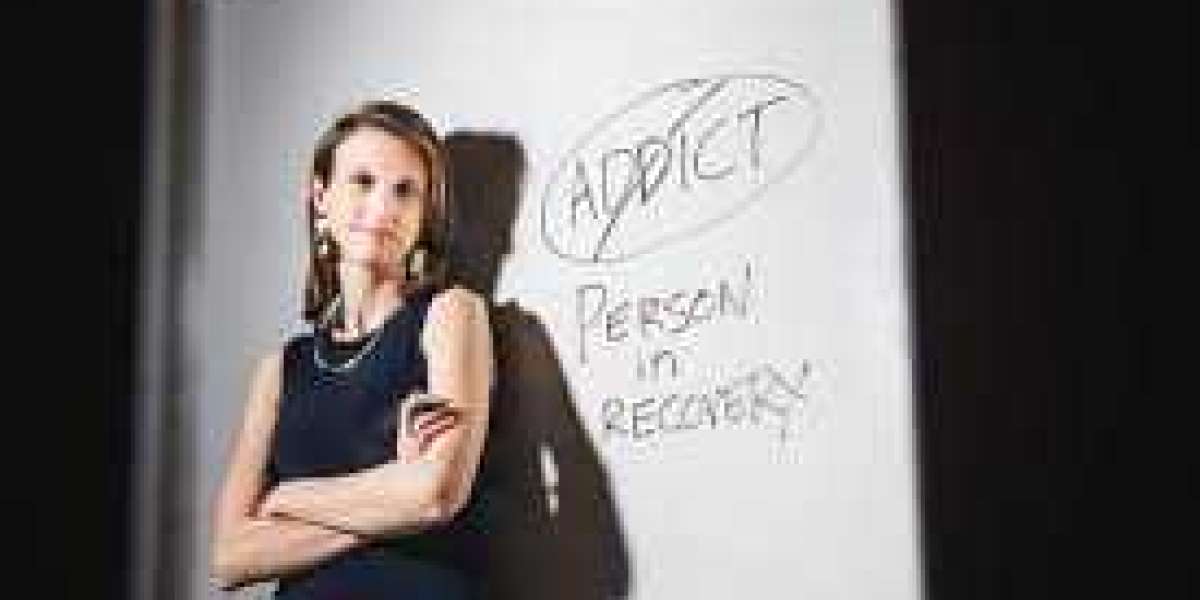The Importance of Language: Saying "Person in Recovery" vs. "Addict"
### Language is a powerful tool that shapes perceptions, attitudes, and even behaviors. When it comes to addiction, the words we use can either perpetuate stigma or foster understanding and compassion. One of the most critical shifts in language is moving from terms like "addict" to "person in recovery." This small change holds profound implications for how society views individuals struggling with substance use disorders and how they view themselves. Facilities such as the **best nasha mukti kendra in Kolkata** understand the role of language in recovery, emphasizing dignity and respect for individuals on their journey to healing. This blog explores why language matters and how choosing words thoughtfully can create a more supportive environment for recovery. ---### The Problem with Stigmatizing Language Terms like "addict," "junkie," or "alcoholic" reduce a person's identity to their condition, stripping away their humanity. Such labels reinforce stereotypes that individuals with substance use disorders are morally flawed, weak, or beyond help. This language not only discourages individuals from seeking help but also affects their mental health and self-worth. Words have the power to shape how someone sees themselves, and negative labels can perpetuate feelings of shame, isolation, and hopelessness. By contrast, using person-first language—such as "person in recovery" or "individual with a substance use disorder"—acknowledges the individual’s humanity while recognizing their condition as one aspect of their life. This shift can inspire hope and empower people to seek help from centers like the **best nasha mukti kendra in Kolkata**, where they are treated with respect and compassion. ---### How Language Influences Perception Language doesn't exist in a vacuum; it influences societal attitudes and policies. When addiction is framed as a moral failing rather than a medical condition, it leads to judgment and discrimination. This perception can affect everything from interpersonal relationships to access to healthcare and legal protections. On the other hand, when we use compassionate and accurate terms, we help dismantle stigma and encourage a broader understanding of addiction as a treatable condition. For example, referring to someone as a "person in recovery" emphasizes their progress and potential rather than their past struggles. ---### Empowering Individuals Through Person-First Language Person-first language has a transformative effect on individuals in recovery. It emphasizes their inherent worth and reinforces the idea that recovery is possible. When someone is referred to as a "person in recovery," it shifts the focus from their substance use to their journey of healing and growth. This positive reinforcement is especially critical during the vulnerable stages of recovery. Facilities like the **best nasha mukti kendra in Kolkata** integrate this philosophy into their programs, fostering an environment of dignity and empowerment. ---### The Role of Media and Society Media plays a significant role in shaping public perceptions of addiction. Unfortunately, sensationalist headlines and derogatory terms often perpetuate stigma, making it harder for individuals to seek help. Journalists, content creators, and influencers have a responsibility to use accurate and compassionate language when discussing addiction. By doing so, they can contribute to a cultural shift that normalizes seeking help and supports recovery. This approach aligns with the mission of recovery-focused organizations, including the **best nasha mukti kendra in Kolkata**, which aim to create a stigma-free path to healing. ---### Addressing Resistance to Change Despite the clear benefits of person-first language, some resist this change, arguing that terms like "addict" are straightforward and commonly understood. However, these arguments fail to consider the emotional and psychological impact such language has on individuals. Changing ingrained habits takes time, but it is essential for creating a more inclusive and supportive environment. Advocacy, education, and training can help people understand the importance of language and adopt person-first terms in their vocabulary. ---### Practical Steps to Change Language Shifting language habits requires intentional effort, but small changes can make a big difference. Here are some steps to start using person-first language: 1. **Educate Yourself**: Learn about substance use disorders and the preferred terms to describe them. 2. **Correct Yourself and Others**: If you catch yourself using stigmatizing language, correct it and explain why. 3. **Advocate for Change**: Encourage friends, colleagues, and media outlets to adopt person-first language. 4. **Support Compassionate Organizations**: Engage with treatment centers like the **best nasha mukti kendra in Kolkata**, which champion dignity and respect in recovery. ---### Building a Culture of Compassion Language is just one piece of the puzzle, but it is a crucial starting point for tackling stigma. By choosing words thoughtfully, we create a ripple effect that fosters compassion, breaks down barriers, and encourages more people to seek help. Organizations, communities, and individuals all have a role to play in this cultural shift. Together, we can build a society where individuals in recovery feel valued and supported, paving the way for better outcomes and stronger communities. ---### Conclusion: Words Matter The difference between "addict" and "person in recovery" may seem subtle, but its impact is profound. Language has the power to stigmatize or uplift, to isolate or connect. By choosing words that reflect empathy and respect, we can create a world where recovery is not only possible but celebrated. Centers like the **rehabilitation centre in kolkata** lead the way in promoting a compassionate approach to addiction treatment. Through thoughtful language and action, we can all contribute to a more understanding and inclusive society.

